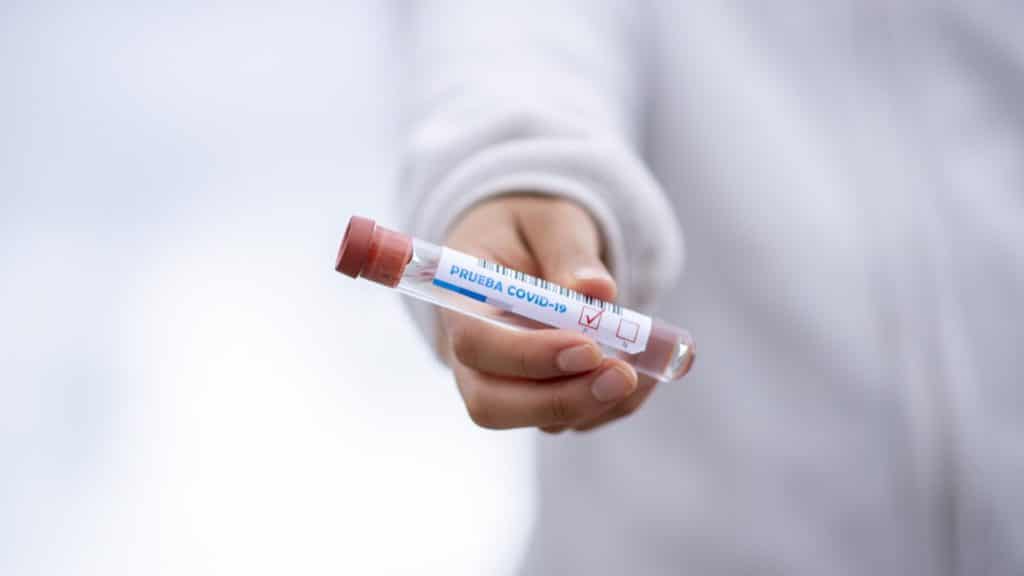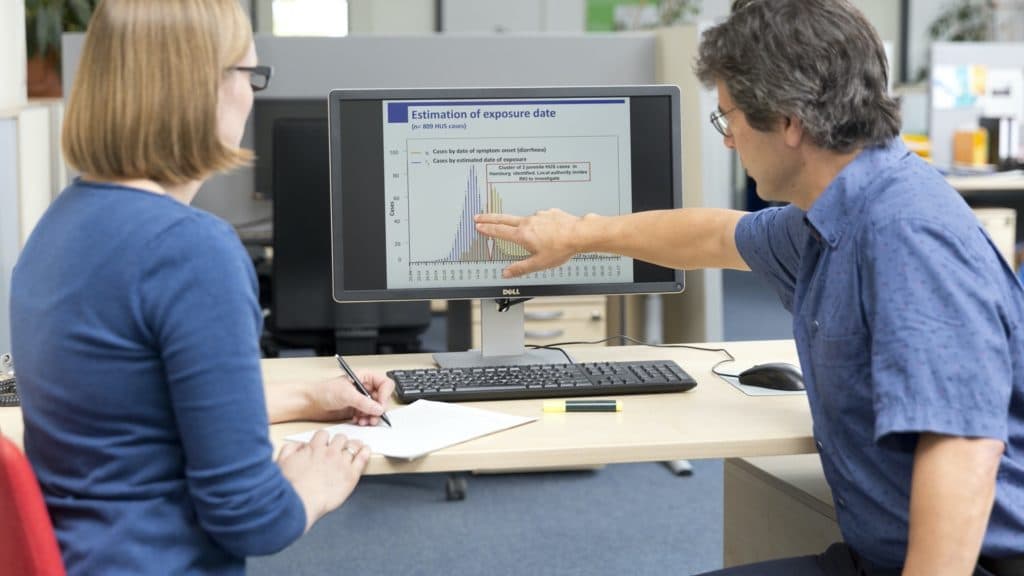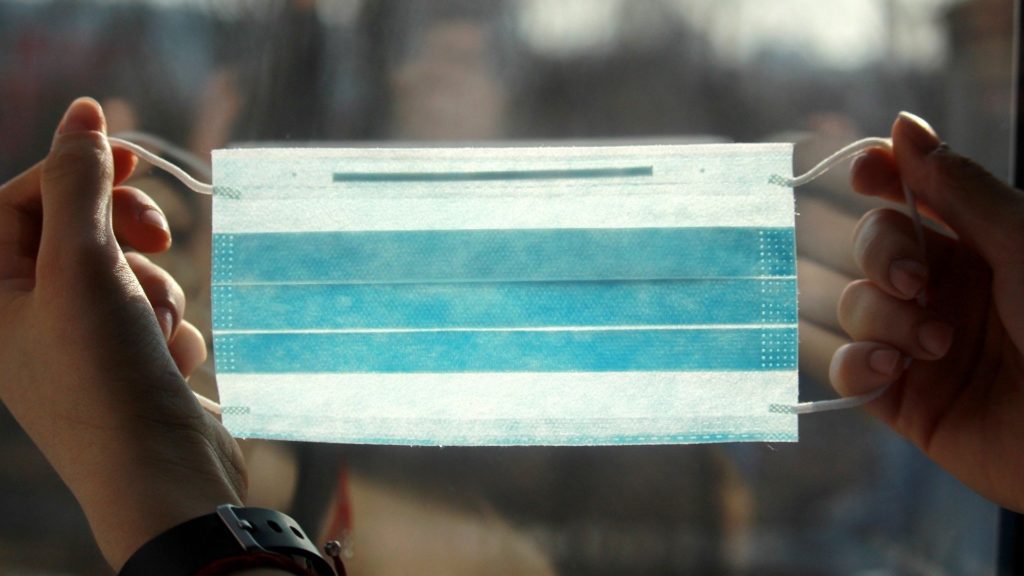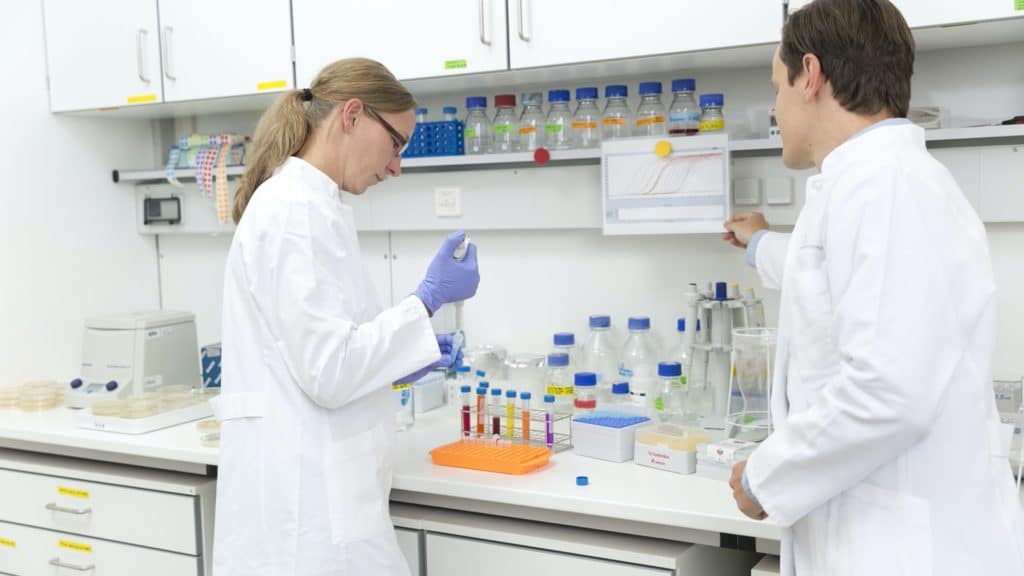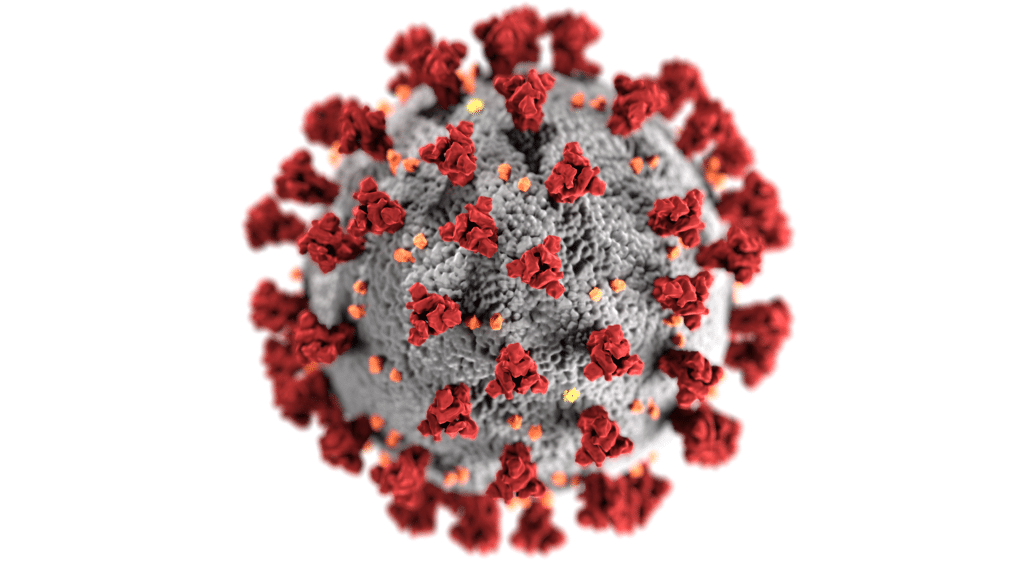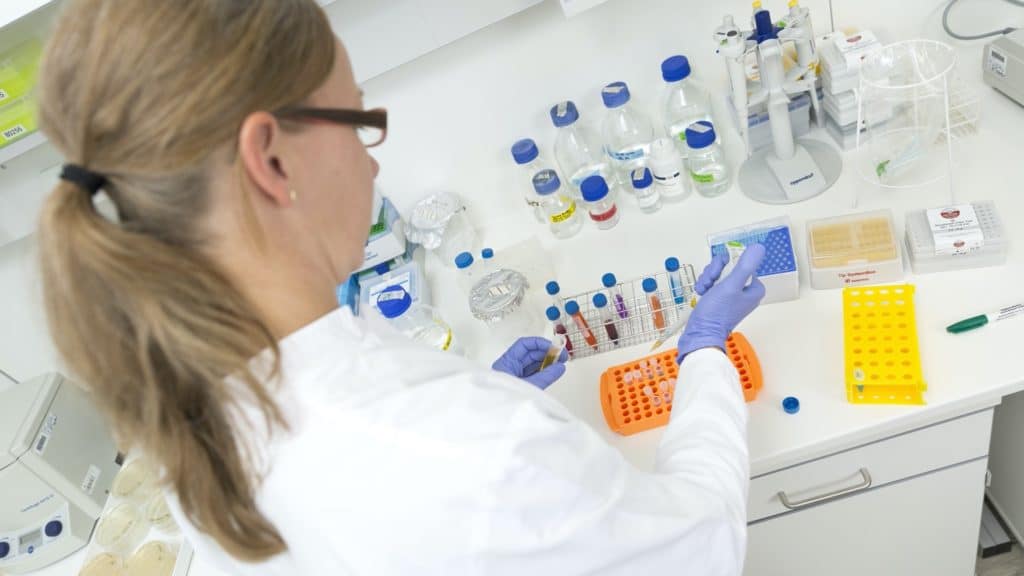Nationwide antibody study
on the spread of SARS-CoV-2 infections.
(Multilocal and Serial Prevalence Study of Antibodies against (Respiratory) Infectious Diseases in Germany).
The actual Seroprevalenceseroprevalencerefers to the proportion of individuals in a population who test seropositive for a specific infectious agent, as measured by blood tests (serological tests). It is often reported as a weighted percentage of the total number of samples tested. of (respiratory) infectious diseases and dynamics of respiratory infections as a function of individual non-pharmaceutical interventioen (NPI) in the population is crucial to avoid possible underreportingunder-reporting(statistical unit) refers to incomplete reporting, where only a more or less large part of a total unit is reached. Underreporting of COVID case numbers occurs due to non-reporting by physicians or non-visits to physicians (mild courses of disease). of infected individuals and to use this to inform decisions for possible continuation or termination of interventionsinterventionsare planned and targeted measures to prevent or remedy the spread of cases and contain negative consequences. derive.
PCR-4-ALL
Re-survey within the Nationwide Population Study of Infectious Diseases (“MuSPAD Study”) in the PCR-4-ALL project.
Beginning in late October 2023, the PCR-4-ALL project will start as part of the nationwide MuSPAD infectious disease study. In the cities of Magdeburg, Aachen, Greifswald and Freiburg we invite participants to take part in an important sub-study. The primary goal of this project is to gain an in-depth understanding of the impact of different testing strategies on the prevalence and disease burden of respiratory infections. This is particularly true for diseases such as influenza (flu), COVID-19 (SARS-CoV-2), and respiratory syncytial virus (RSV).
To achieve this goal, we are asking 2,000 participants to perform rapid tests on a regular basis, once a week. In addition, they should also do this when cold symptoms appear. The tests can be performed in the comfort of your own home.
Please note that participation in this study requires that you have received an official invitation and that you register with the “PIA” app (Prospective Monitoring and Management app) with a valid email address. The results of the rapid tests and weekly questionnaires are recorded digitally via the “PIA” system.
With this project, we aim to optimize testing strategies to gain a deeper understanding of the spread and impact of respiratory infections.
Study
Study
The study (2023)
Determine immunity
The aim of the MuSPAD study is to better assess the immune situation in different population groups in Germany and its consequences with regard to respiratory infections and other infectious diseases.
Background
Worldwide quarantine
Since the new type of coronavirus SARS-CoV-2 appeared in December 2019, the population has been quarantined in many countries around the world, including Germany.
Data protection & ethics
security
The data protection concept describes the data protection and IT security measures for the “MuSPAD” study by the Helmholtz Center for Infection Research and meets the requirements of the General Data Protection Regulation (GDPR).
Invitation areas
(2023 survey)
Dear MuSPAD Participants,
we are pleased to inform you that this year’s sampling round has been successfully completed. We would like to take this opportunity to express our sincere thanks to all participants and supporters who contributed to this success. Your commitment and participation are invaluable.
Thanks to your support, we were able to collect valuable data and gain important insights. These will help us to further advance our research and measures. We will also link the published results on our website.
We look forward to the coming year and hope that we can count on your support again then. Together, we can help make important strides and have a positive impact on the health and well-being of our community.
Once again, a big thank you to all involved!
participation
participation
Why participate
Your help is needed
Participation in the study helps to better understand the infection process with SARS-CoV-2 for all of Germany.
Invitation process
To be there
Participants in the study are randomly selected from the registry of the residents’ registration offices using random address samples.
Invitation areas
Participate
Eight districts across Germany that are affected to varying degrees are selected as invitation areas.

